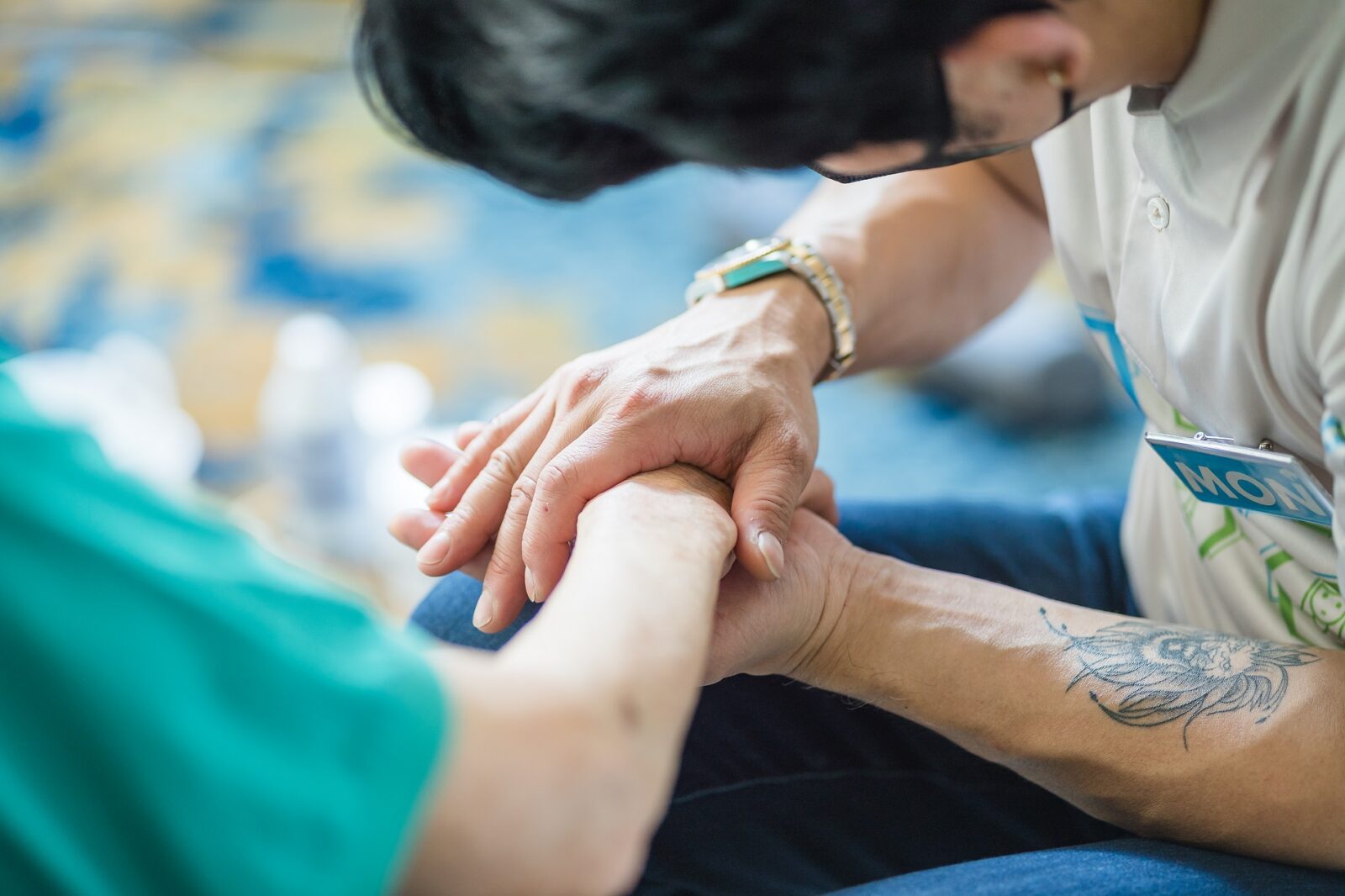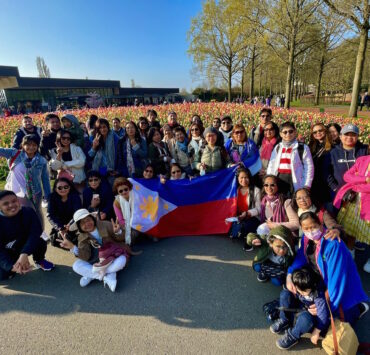A Filipino caregiver makes it his mission to change the way America takes care of its elderly.
Raymond Villaroman beams as he tells me about Lea, one of his patients who is suffering from dementia. The first time they met, Lea owned a big collection of black shoes, unidentifiable from one another. Raymond and his team had to reduce her shoes to a pair of black and a pair of pink so that she wouldn’t be confused when putting them on. Now Lea prefers to put on her pink shoes.
For Raymond, owner and CEO of Geriatric Care Solution (GCS), a California-based company specializing in providing high quality elderly home care, preparing a senior person’s environment to allow them a certain degree of independence is one way of respecting their client despite their cognitive condition. This follows the principles of Montessori-Based Dementia Programming, the method of care that GCS subscribes to. Raymond is a firm believer in preserving the dignity of life for people suffering from cognitive impairment.
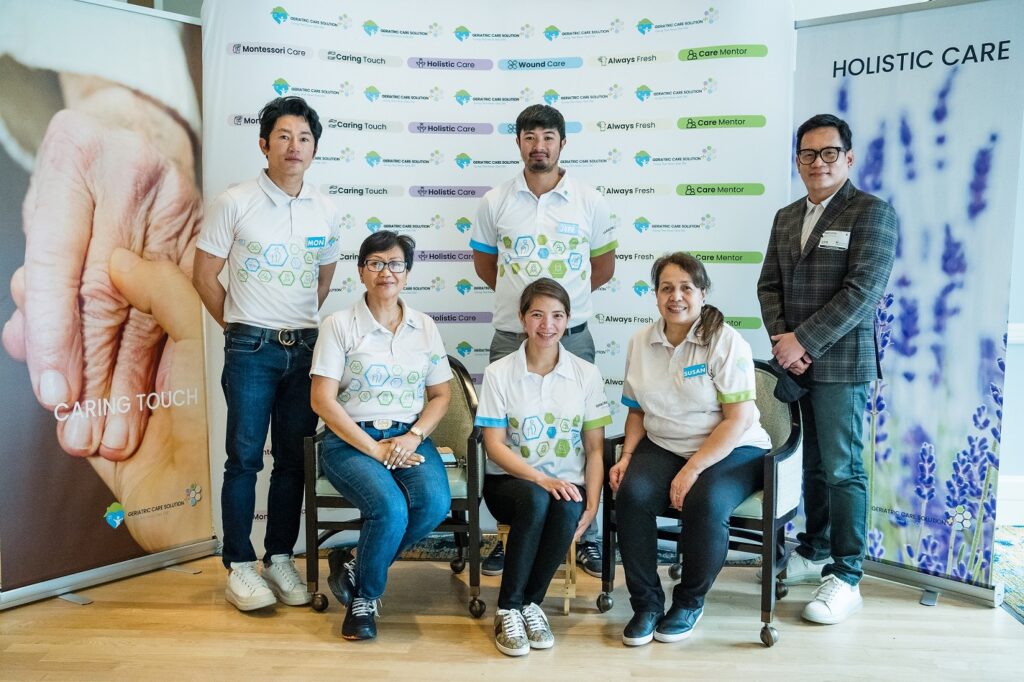
Raymond also shows photos of Lea’s crucifixes hinting that his client is a devout Catholic, a subject they can talk about for hours for he also went to a Catholic school. Lea still asks his name several times a day and demands to know what he is doing in her house.
“When it comes to people with Alzheimer’s, their long term memory doesn’t disappear, it’s usually the short term memories that they easily forget. For them, engagement is very important. If I did not have a purpose and I was only in this business to earn money, I would have become impatient with.,” he says during our Zoom interview from his sunny house in San Francisco.
Finding his purpose
Raymond came from a family with very modest means. When his father died when he was 12, his mother took over the herculean task of raising four children. He remembers his mother regularly borrowing from relatives to support their education. His grandmother adopted three of his siblings to send them to school.
If ever there’s a conflict, we try to educate the children about the best approach for their parents’ care. And they understand because they know that we are all coming from a good place, from a place of love. And if you know your purpose, and you put the patient on top of your priority list, whatever you do, you’ll never go wrong.
Raymond Villaroman, CEO of Geriatric Care Solution (GCS)
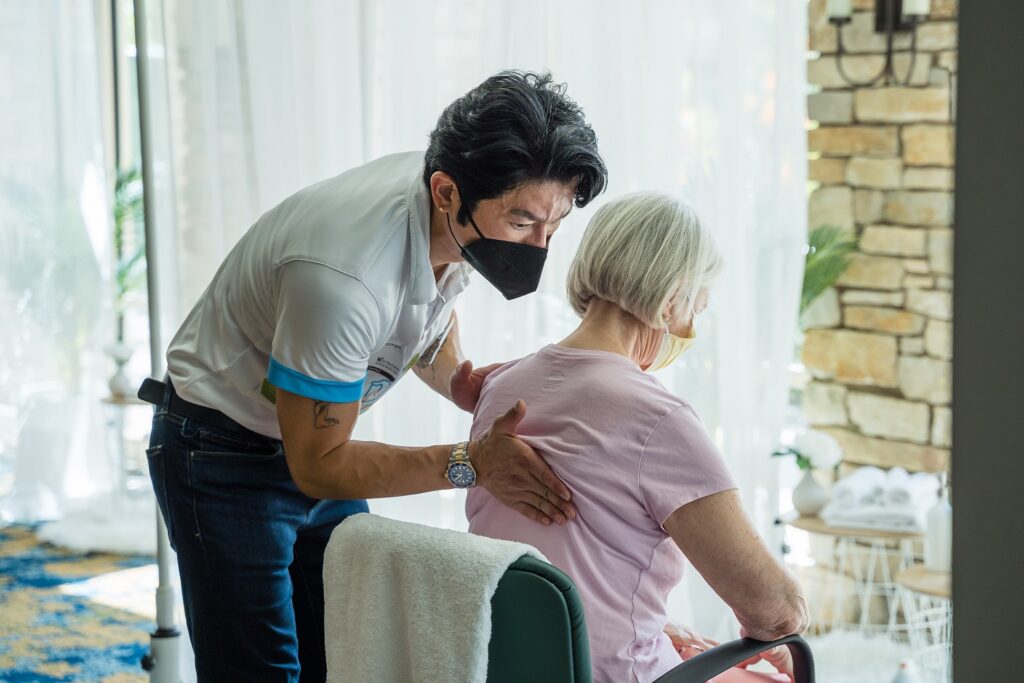
He wanted to be an architect but money was an issue. His mother egged him to take up nursing instead so that “he can go abroad,” preferably America. After finishing his nursing degree at the Wesleyan University College of Nursing and Allied Medical Sciences in Nueva Ecija, Raymond left the Philippines in 1990 to work as a nurse in Daley City, California. But in a matter of months, he was overwhelmed by homesickness.
“Once homesickness struck me, it was very, very difficult. I was always crying, even while pushing a medicine cart at the hospital. I didn’t tell my siblings because they wouldn’t understand anyway. ‘What could they do while they were far away’?”
When the company that petitioned him got embroiled in a visa problem, he packed his bags and went home, never to return. But apparently, he was destined for a life in the US. In 2005, finally recovered from his previous experience, he was presented with another opportunity to go back. This time he was not afraid anymore.
Raymond was on a student visa that allowed him to study and work at the same time. While finishing his training on Early Childhood at (Please correct school’s name) Montessori Teacher Education Centre in San Francisco Bay Area, he was juggling several jobs to get by, including serving at restaurants and caregiving for older people. It was in the latter that he found a much bigger purpose.
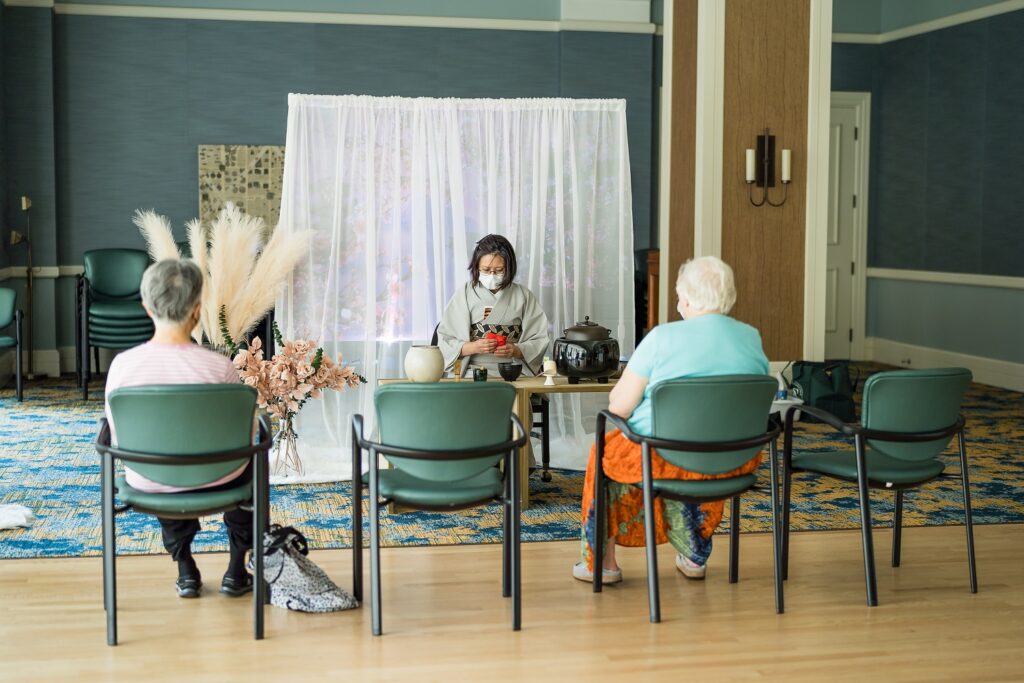
Senior care for Alzheimer patients
Care giving became Raymond’s career. After all, money was easy. He finally decided to set up his own company in 2012 and would earn $5,000 from one client. But five years into his business, Raymond started questioning what he was doing.
“In the beginning I only wanted to do it because of good money. But I came to a point where I didn’t want to go to work anymore. Even the slightest problem with clients would stress me out. I felt like there was something lacking. What I did not realize was that the answer was already in front of me. And when I changed the way I did business, it totally changed me as well, even in my personal life,” he relates.
Raymond was talking about his company’s approach on senior home care. From a traditional method, he switched to using the Montessori Method, an educational system pioneered by Italian physician Dr. Maria Montessori, which emphasizes on allowing children independence in a prepared environment for optimal development.
“I didn’t realize that the same principle I had studied just to get my working papers could be applied to dementia. When I opened that window of opportunity in my life, I felt in my heart that this should be the core of my company, this would be my specialization.”
Raymond Villaroman, CEO of Geriatric Care Solution (GCS)
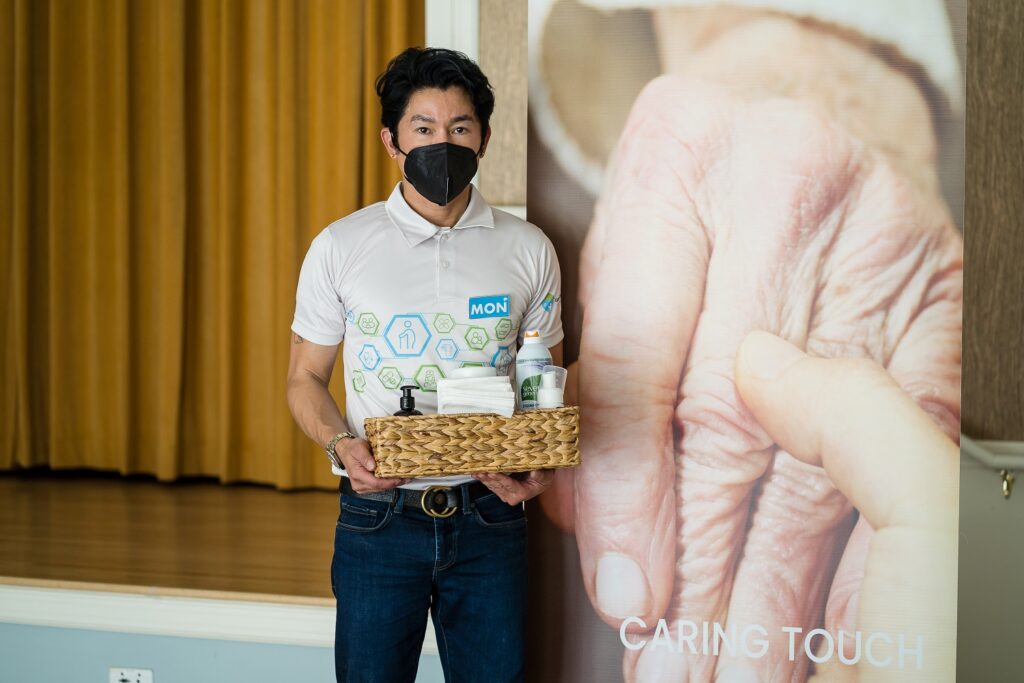
In elderly care, Dr. Cameron Camp, an American psychologist and director of research and development at the Center for Applied Research in Dementia, adapted and retooled the Montessori Method for people with Alzheimer’s, resulting in a method called Montessori-Based Dementia Programming. Dr. Camp believes that people living with Alzheimer’s can still contribute to their families, friends, and community members.
“I didn’t realize that the same principle I had studied just to get my working papers could be applied to dementia. When I opened that window of opportunity in my life, I felt in my heart that this should be the core of my company, this would be my specialization.” Raymond took several training to be a licensed practitioner on Montessori for Dementia.
By employing the Montessori-Based Dementia programming, Raymond slowly geared towards caring for old people with dementia and Alzheimer’s disease. At GCS, they assessed the cognitive stage of their clients and personalized the care approach. They allow their clients to retain their independence, by making sure their environment is safe and practical for ease of movement, and even when it comes to small things like being able to wash and feed themselves with the help of their carer. But most of all, he tries to inculcate compassion and integrity in what they do, with his staff trained to anticipate responsive behaviors from patients so that they can act accordingly.
“Here in America, people with dementia are usually associated with bad behavior. But their behavior is a response to a stimulus, and their response to it is determined by the way they know how to respond, like with children. They cannot articulate the words, so sometimes they shout. As a care provider, you have to find out what they want to articulate but cannot say. Once you understand that, it’s going to be easier. For you to understand where they are coming from, you have to understand their needs. To be able to do that, you have to know who they are.,” Raymond explains.
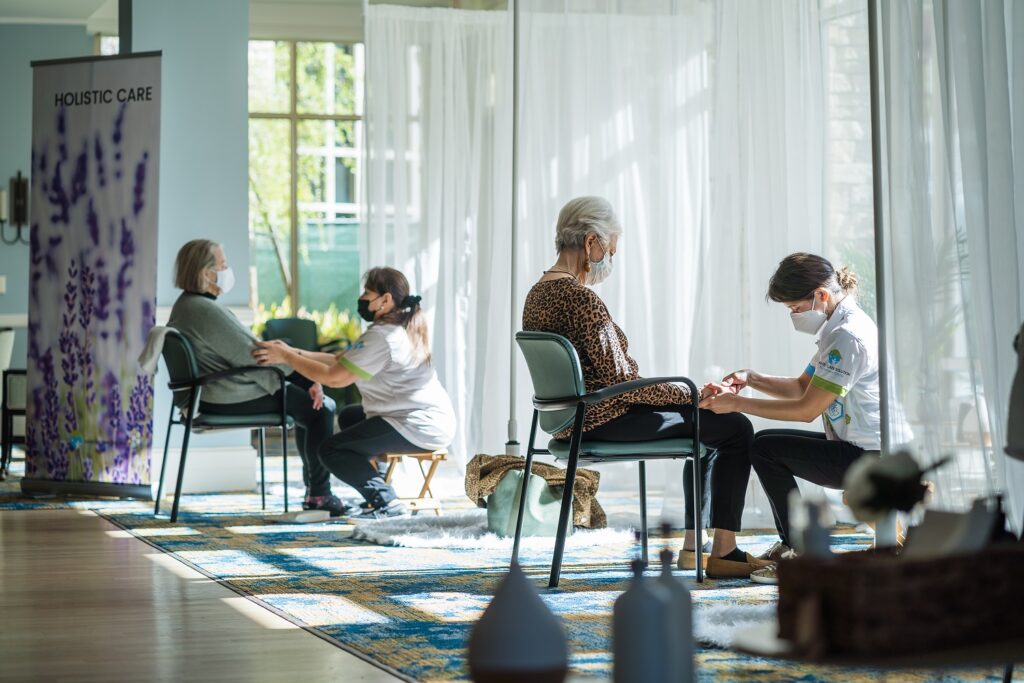
Family support is essential
Raymond emphasized the importance of family support in caring for the elderly by encouraging the children and relatives of his patients to get involved in the decision-making process and participate in the dynamics of care.
He also attributes Filipinos’ innate sense of responsibility in caring for aging relatives as one of the factors of his success. Coupled with his company’s core values, he thinks it is a perfect combination.
“I always tell my staff that even when the children of our patients have different wishes, they have to remind themselves that our core purpose is to take care of their parents. So if ever there’s a conflict, we try to educate the children about the best approach for their parents’ care. And they understand because they know that we are all coming from a good place, from a place of love. And if you know your purpose, and you put the patient on top of your priority list, whatever you do, you’ll never go wrong.”
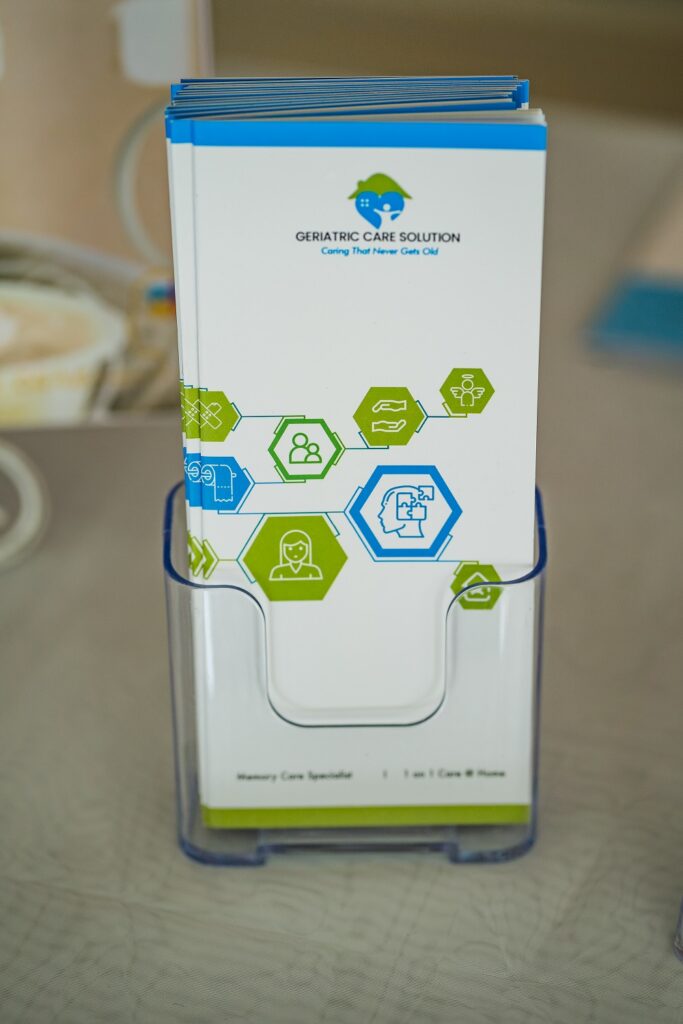
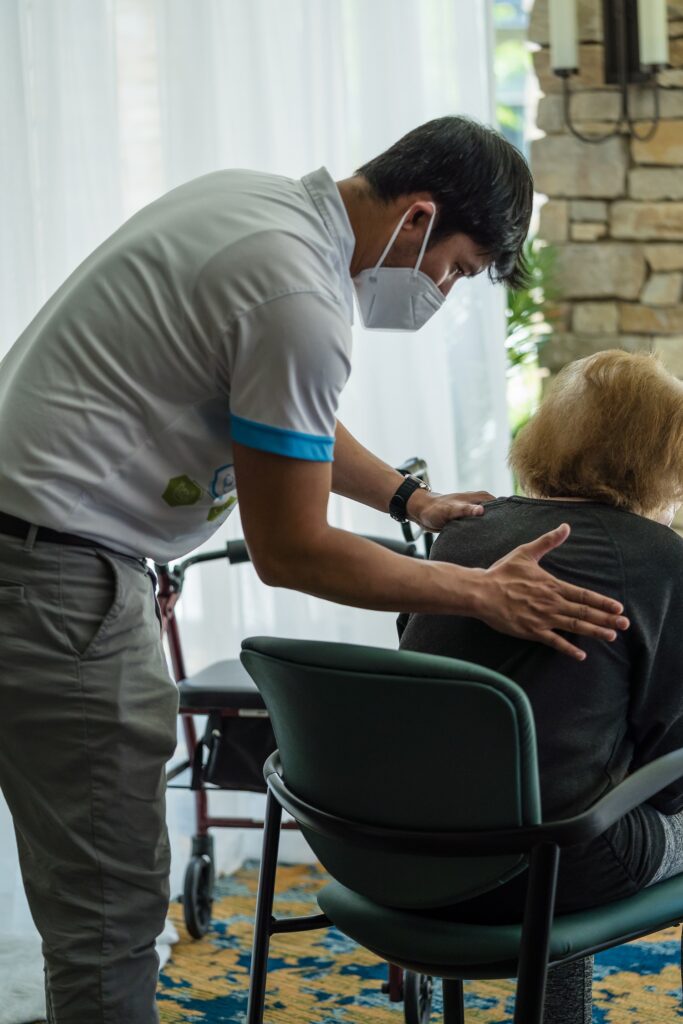
The future of senior care in the USA
In America alone, an estimated 6,5 million people above the age of 65 years old are living with Alzheimer’s. This figure is expected to increase to 13,5 million in 2060 while there is already a decline in the number of caregivers in the last decade, recently exacerbated by Covid-19.
“I want to change the culture of aging, dementia and dying in the USA. I want them to have a good experience about dementia care. Here in the US, even in the Philippines, once a member of the family gets sick, everyone is affected. How are you going to prepare them to be ready for that?”
Aside from their regular services, like personal care, meal preparation, medicine reminders, light housekeeping and companionship, GCS offers a free care mentorship program where they educate people about the disability process of Alzheimer’s patients. Raymond believes that when more people understand this disability, the more that they can develop compassion for people suffering from it.
“I want to change the culture of aging, dementia and dying in the USA. I want them to have a good experience about dementia care. Here in the US, even in the Philippines, once a member of the family gets sick, everyone is affected. How are you going to prepare them to be ready for that?”
Raymond Villaroman, CEO of Geriatric Care Solution (GCS)
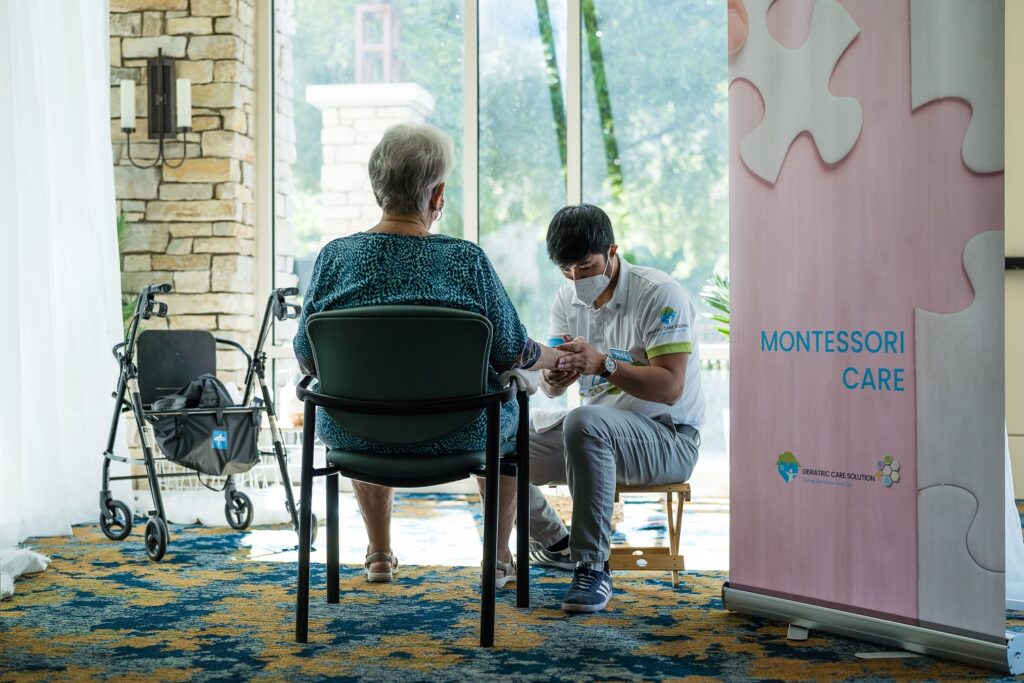
To help prepare society for senior care in the USA, Raymond is writing a children’s book about dementia. It is inspired by the story of a lady she met at a community care home who told him how her dementing grandmother became scared after seeing her granddaughter for the first time after so many years.
“The concept is to teach families (about dementia), because even the kids question what is going on with their grandparents. It has to be an experience within the family, that it’s ok, that it happens. Because these experiences will mold these children on what kind of person they will be in the future. I want to be able to reach out to these kids , in a way that they will understand dementia. If you can help even one person, that’s an achievement already.”
Raymond plans to bring GCS to other American States, and hopefully to Canada and Europe. He is already processing his freelance license and business models towards this future plan.
He also dreams of becoming a global educator on elderly care particularly those with dementia and Alzheimer’s. He hopes to create an even bigger impact for the aging population who tends to be forgotten by society at the twilight of their lives.

